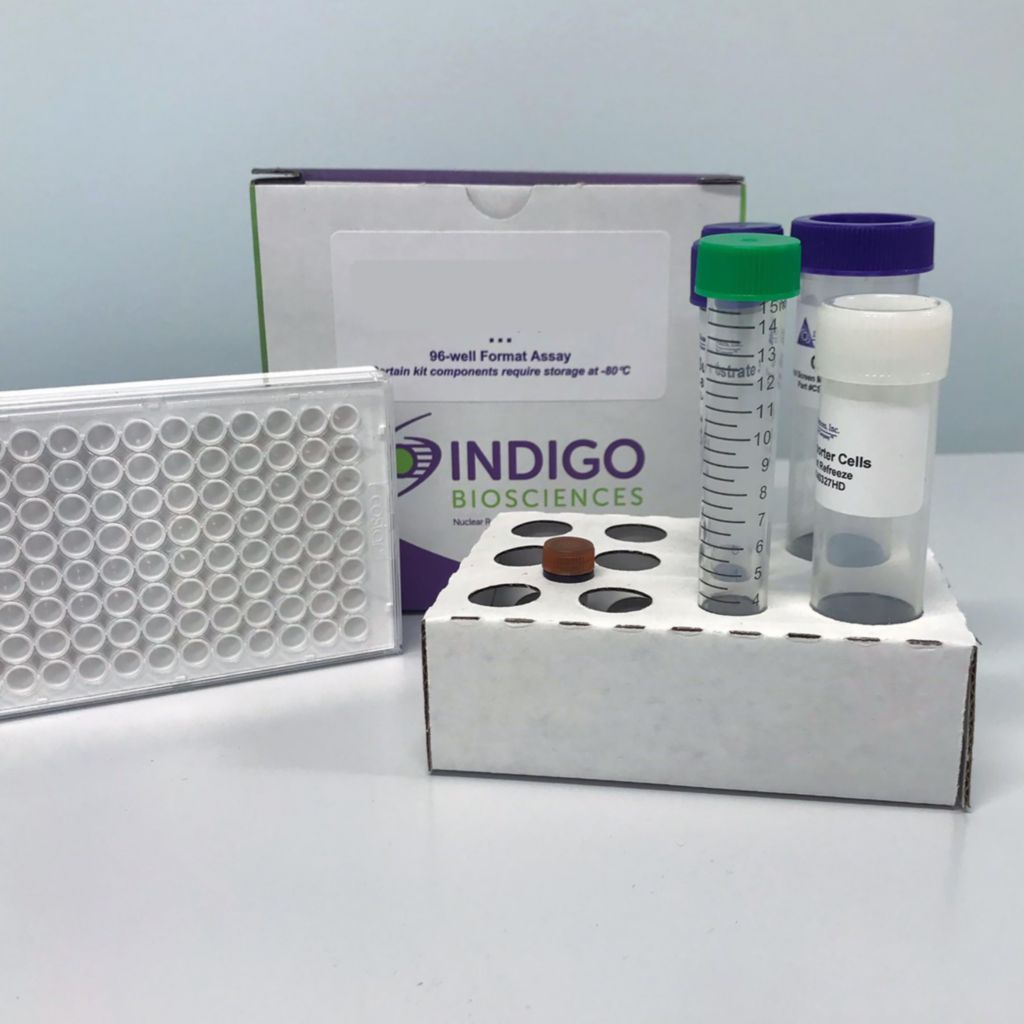Product Description and Product Data
This Expression Profiling of Clinically Relevant CYPs assay kit contains optimized reagents for the culturing and treatment of upcyte® hepatocytes to assess drug-induced changes in CYP3A4, CYP1A1, CYP2B6, CYP2C8, CYP2C9, CYP2C19, and CYP2E1.
The kit provides two aliquots of upcyte® hepatocytes, two cell culture-ready assay plates, optimized Cell Culture Medium for use in all steps of the assay procedure, and three reference compounds (rifampicin, β-naphthoflavone, and CDCA) that activate one or more of the primary xenobiotic-sensing receptors: PXR, CAR, AhR, and FXR. Upon activation, these nuclear receptors modulate the expression of the CYP genes. Also included are seven sets of validated qPCR primers for quantifying drug-induced changes in the expression of CYP3A4, CYP1A1, CYP2B6, CYP2C8, CYP2C9, CYP2C19, and CYP2E1, as well as primers for ACTB.
Please note: This kit does not include reagents or protocols for cell lysis, RNA isolation, cDNA preparation, or qPCR assays.
Features
Clear, Reproducible Results
- All-Inclusive Assay Systems
- Exceptional Cell Viability Post-Thaw
- Consistent Results Lot to Lot
Product Specifications
| Species | Human | ||
| Kit Components |
| ||
| Shelf Life | 6 months | ||
| Shipping Requirements | Dry Ice | ||
| Storage temperature | -80C |
Data
Target Background
The reagents and materials provided in the assay kit for the Expression Profiling of Clinically Relevant CYPs are formatted to allow for two alternative cell culture setups. In one scenario 48 culture wells may be set up at two different times. In the other assay scenario 96 culture wells may be set up at one time. The kit includes two aliquots of upcyte® hepatocytes, donor 10-03, isolated from an adult Caucasian female. These hepatocytes are cryopreserved using INDIGO’s proprietary CryoMite™ process, which yields high cell viability post-thaw, and provides the convenience of immediately dispensing cells into assay plates. There is no need for intermediate treatment steps such as spin-and-rinse of cells, viability determinations, or cell titer adjustments prior to assay setup. During an overnight culture period for cell recovery the hepatocytes will form a confluent monolayer that is ready to receive treatment media containing the user’s test compounds.
The kit provides two aliquots of upcyte® hepatocytes, two cell culture-ready assay plates, optimized Cell Culture Medium (CCM) for use in all steps of the assay procedure (cell thawing, seeding, and preparation of treatment media), and three reference compounds (rifampicin, β-naphthoflavone, and chenodeoxycholic acid (CDCA)) that activate one or more of the primary xenobiotic-sensing receptors: PXR, CAR, AhR, and FXR. Upon activation, these nuclear receptors modulate the expression of the clinically relevant CYP genes. Also included are seven sets of validated qPCR primers for quantifying drug-induced changes in the expression of CYP3A4, CYP1A1, CYP2B6, CYP2C8, CYP2C9, CYP2C19, and CYP2E1, as well as primers for ACTB (β-actin; the internal control used to normalize all CYP gene expression data).
Please note: This kit does not include reagents or protocols for cell lysis, RNA isolation, cDNA preparation, or qPCR assays.
Product Documentation
Citations
Also available as a service
